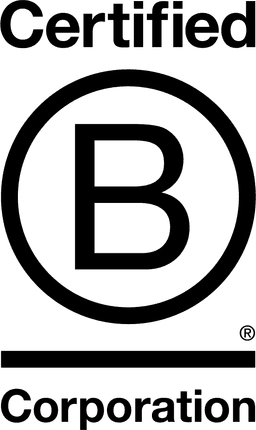

Veris Wealth Partners

1.6
California, United States
September 2011
Investment advising
Service with Minor Environmental Footprint
United States
Veris is a registered investment advisor and financial advisory firm that has been helping families, foundations, and endowments align their financial assets with their values and missions since 2007. Our firm’s approach is rooted in our belief that investors can meaningfully contribute to a more equitable, just, and sustainable world through their investments. We invest across asset classes to help clients pursue financial returns, reduce risk, and drive progress. Veris has deep investment capabilities across public and private markets and a seasoned team of advisors with experience building and sustaining values-aligned portfolios through a variety of market conditions. Our firm has developed focused thematic expertise in four key areas of impact: racial and gender equity, climate solutions and the environment, sustainable and regenerative agriculture, and community wealth building. Veris serves clients across the United States and has offices in NYC, Oakland, Philadelphia, Denver, and Portsmouth, NH. Understanding the landscape of sustainable investing is a core Veris expertise. They strive to help their clients access superior investment and impact opportunities by leveraging their deep knowledge of relevant financial, environmental, social, and governance (ESG) issues.
Overall B Impact Score
Governance 17.3
Governance evaluates a company's overall mission, engagement around its social/environmental impact, ethics, and transparency. This section also evaluates the ability of a company to protect their mission and formally consider stakeholders in decision making through their corporate structure (e.g. benefit corporation) or corporate governing documents.
What is this? A company with an Impact Business Model is intentionally designed to create a specific positive outcome for one of its stakeholders - such as workers, community, environment, or customers.
Workers 36.5
Workers evaluates a company’s contributions to its employees’ financial security, health & safety, wellness, career development, and engagement & satisfaction. In addition, this section recognizes business models designed to benefit workers, such as companies that are at least 40% owned by non-executive employees and those that have workforce development programs to support individuals with barriers to employment.
Community 26.0
Community evaluates a company’s engagement with and impact on the communities in which it operates, hires from, and sources from. Topics include diversity, equity & inclusion, economic impact, civic engagement, charitable giving, and supply chain management. In addition, this section recognizes business models that are designed to address specific community-oriented problems, such as poverty alleviation through fair trade sourcing or distribution via microenterprises, producer cooperative models, locally focused economic development, and formal charitable giving commitments.
Environment 10.4
Environment evaluates a company’s overall environmental management practices as well as its impact on the air, climate, water, land, and biodiversity. This includes the direct impact of a company’s operations and, when applicable its supply chain and distribution channels. This section also recognizes companies with environmentally innovative production processes and those that sell products or services that have a positive environmental impact. Some examples might include products and services that create renewable energy, reduce consumption or waste, conserve land or wildlife, provide less toxic alternatives to the market, or educate people about environmental problems.
Customers 54.2
Customers evaluates a company’s stewardship of its customers through the quality of its products and services, ethical marketing, data privacy and security, and feedback channels. In addition, this section recognizes products or services that are designed to address a particular social problem for or through its customers, such as health or educational products, arts & media products, serving underserved customers/clients, and services that improve the social impact of other businesses or organizations.
What is this? A company with an Impact Business Model is intentionally designed to create a specific positive outcome for one of its stakeholders - such as workers, community, environment, or customers.